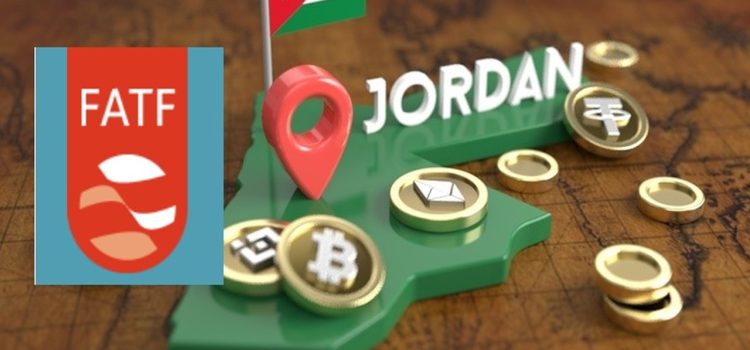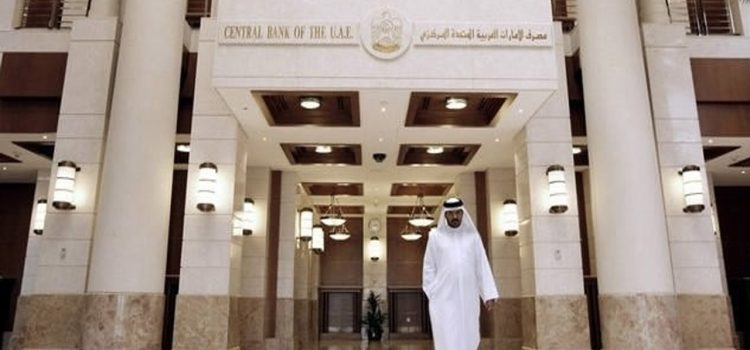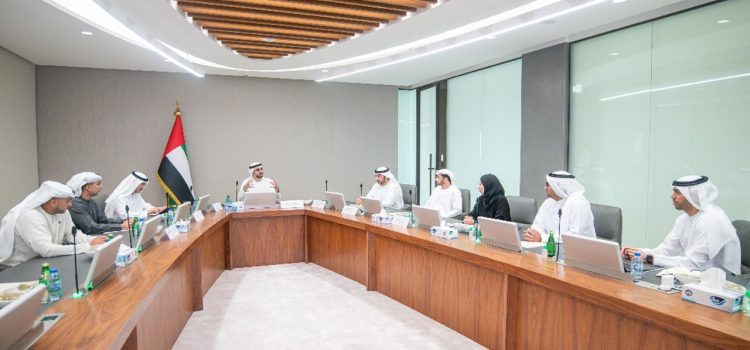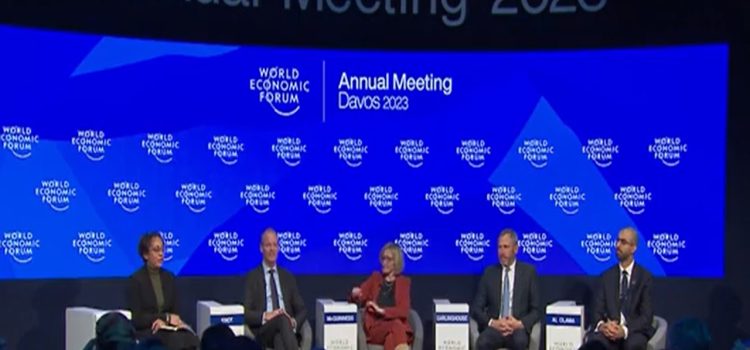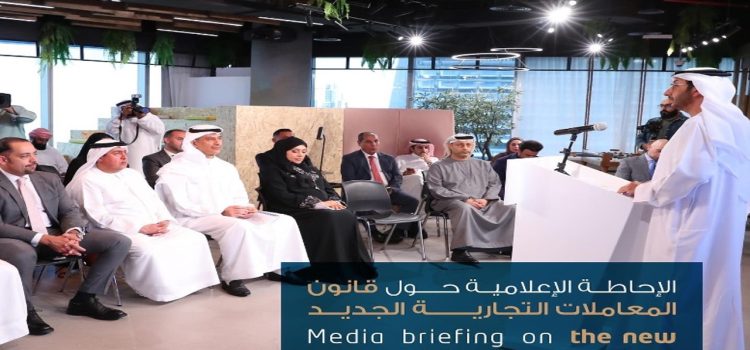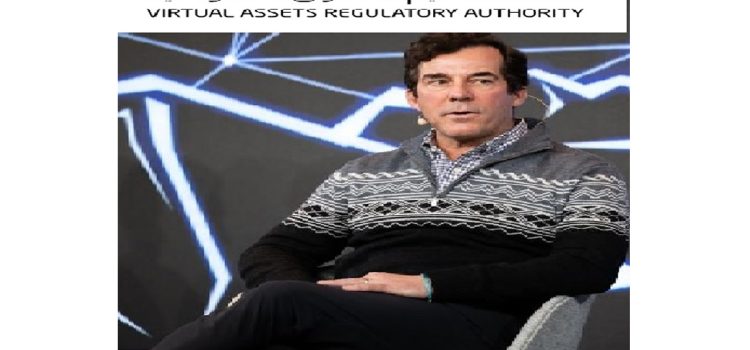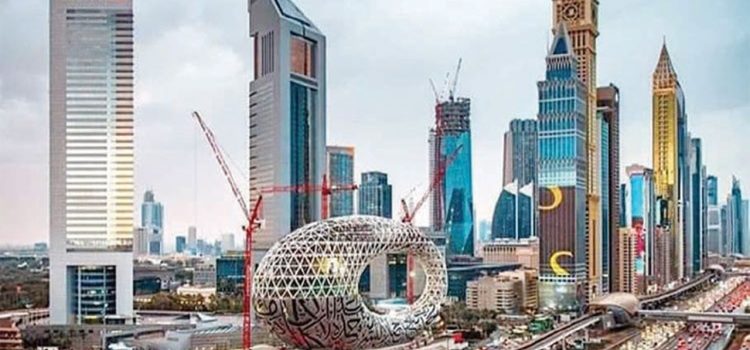
On February 24th 2023 FAFT released its latest grey and black list. For those who are on the grey list it means that these jurisdictions are under increased monitoring and are actively working with the FATF to address strategic deficiencies in their regimes to counter money laundering, terrorist financing, and proliferation financing.
As per the recent announcement by FATF, “When the FATF places a jurisdiction under increased monitoring, it means the country has committed to resolve swiftly the identified strategic deficiencies within agreed timeframes and is subject to increased monitoring. This list is often externally referred to as the “grey list”.”
Of the Arab countries on the grey list, was Jordan. It was on the list because of risks in virtual assets. As per FATF one of the reasons for it being on the list was because it needed to address strategic deficiencies including “completing and disseminating the money laundering and terrorist financing risk assessments of legal persons and virtual assets.”
It was interesting to see the term virtual assets in relation to Jordan because Jordan has not been on the list in terms of countries with high crypto ownership or transactions. Other countries such as Egypt, Morocco, and Lebanon are much more active in crypto. yet FATF chose to include the risks of virtual assets as one of the reasons it was one the grey list.
According to Triple A crypto ownership report, the percentage of Jordanians who own crypto is just 1.5 percent equivalent to 170,000 people as of January 2023 an increase from 1.25 percent in 2022.
Concurrently, the IMF after its technical report on Jordan’s Central Bank feasibility for the launch of retail CBDC after a three month mission, recently released its report. IMF gave Jordan’s existing payment market a positive review calling it well integrated.
Nonetheless, The IMF stated that an rCBDC would enhance financial inclusion by providing services to residents without smartphones and could also improve the domestic payment system by making its infrastructure available to PSPs and lowering the cost of cross-border transfers.
The IMF however warned to avoid disintermediation in the Jordanian financial system, as it could contribute to instability in times of stress. The IMF found that an rCBDC could increase cybersecurity risks as an attractive target. “Sound legal underpinnings for an rCBDC should also be created,” the report said.
In its report the IMF noted, “RCBDC may offer some benefits, but it does not necessarily address pain points. On the other hand, a cross-border rCBDC could add value, particularly if the authorities coordinate with other countries in the region.”
Jordan’s Central Bank had announced in February 2022 that it was researching a CBDC. Cointelegraph article noted that a central bank proposal to introduce crypto trading met with resistance in the parliament.
Whatever the case, Jordan being on FATF grey list because of virtual assets risks is another reminder of the need to regulate crypto assets.








